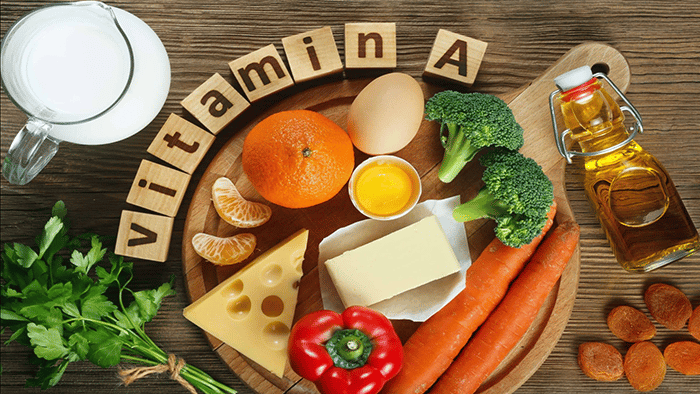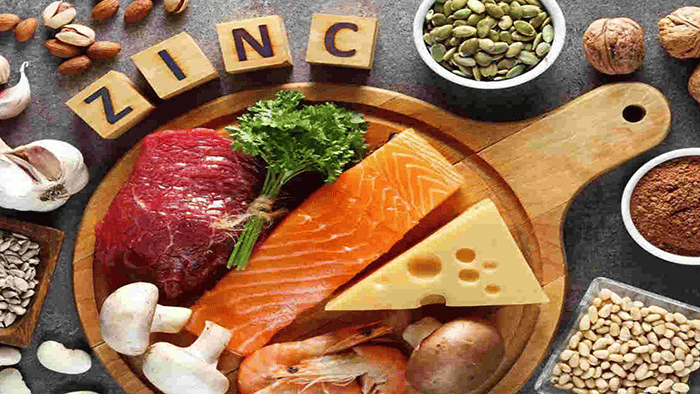Introduction
The human body needs adequate nourishment to thrive and not just survive. A balanced diet comprises sufficient nutrients, which are classified based on their requirements and intakes. Macronutrients are the nutrients required in large quantities by the body for essential or energy requirements and refer to carbohydrates, proteins, and fats. Micronutrients are the name given to vitamins, minerals, antioxidants, and fibers, that are required in lesser quantities for specialized tasks or groups of bodily functions. As for trace minerals, they refer to specific minerals like zinc and selenium, that are required in very small doses for highly effective physiological benefits. Therefore, a balanced diet requires optimal calorie intake based on age, gender, weight, and activity level, along with proper portion control and sufficient consumption of nutrients. But the hectic demands of modern life often put a dampener on such virtuous plans, derailing the sincere efforts of busy parents. Here is a quick guide to understanding the role of vitamins, minerals, and trace minerals in your kid’s diet.
Vitamins
Vitamin A

Usually found in animal and plant products, vitamin A is found in eggs, animal meat, fortified milk, and dairy products, as well as orange and yellow fruits and vegetables like carrots, colorful capsicums, mangoes, pumpkin, sweet potatoes, and more. Vitamin A improves immunity, helps skin health, and enhances vision, while promoting growth in kids.
Vitamin B
There are multiple B-group vitamins, such as thiamin, riboflavin, niacin, folate, and more. B-complex vitamins are richly sourced from lean meat, fish, whole grains, and legumes. They help kids' bodies use carbohydrates, fats, and proteins for fuel, help in making new DNA, and improve various organ health.
Vitamin C
Citrusy fruits and certain green vegetables are rich in vitamin C. The vitamin also helps form collagen and healthy skin, provides rich antioxidant levels, increases iron absorption, enhances protection against infection, and improves the function of neurotransmitters.
Vitamin D
While sunlight, button mushrooms, and fortified dairy and animal meat are the only sources of vitamin D, the nutrient aids your kids' health in multiple ways, from improving bone and muscle health to better stamina, energy levels, and sleep patterns.
Vitamin E
Present in egg yolks, leafy green vegetables, nuts, seeds, and whole grains, vitamin E aids in improving immunity, vision, and skin health in children.
Vitamin K
Crucial for blood clotting, wound healing, and healthy bones, vitamin K is found in certain green leafy vegetables like spinach, and fruits like avocado, and soybean.
Minerals
Magnesium

Sourced from nuts like cashews, legumes, dark green vegetables, seafood, whole grains, and cocoa, magnesium plays multiple roles in maintaining bone health, converting glucose into energy, improving immune function, regulating hypertension, and improving respiratory function in children.
Potassium
Abundantly found in bananas, apricots, button mushrooms, spinach, and various nuts and seeds, potassium is essential for the smooth functioning of nerves, muscles, and the heart. Potassium also refills your active kids' energy levels after they have engaged in sports or strength training.
Calcium
Calcium is abundantly found in dairy products like milk, yogurt, and cheese, along with soymilk, tofu, almonds, parsley, and broccoli. An essential nutrient for your kids' health, calcium plays a main role in bone and teeth health, regulates muscle and heart function, and helps in blood clotting and enzyme function.
Iron
Abundant in fish, poultry, Indian dals and legumes, eggs, and fortified cereals, iron is vital for the human body for multiple reasons. It helps in the formation of blood cells, transportation of oxygen throughout the body, maintenance of bone, muscle, and connective tissue health, and improves immunity while increasing energy levels naturally in kids.
Iodine
Found in iodized salt, dairy products, seafood, eggs, and selective vegetables, iodine is essential for the healthy functioning of the thyroid gland. The thyroid gland secretes hormones that keep an eye on the body’s metabolic rate, while actively participating in various cognitive and physiological functions.
Sodium
Essential for healthy blood and tissue fluid circulation throughout the body, excessive sodium intake can cause hypertension and hyperthyroidism (due to excessive iodine intake from salt). Despite many foods possessing abundant levels of sodium, salt is the main source in a healthy diet. It is ideal to opt for whole grains, lean meat, and natural dairy products, which contain less, and healthier sodium compared to processed foods.
Trace Minerals
Zinc

Found in poultry, milk, cheese, whole grains, and certain seafood, zinc is an important trace mineral for your kid’s healthy growth, immunity, and active production and transportation of vitamin A throughout the body.
Other Trace Minerals
Other trace minerals comprise copper, fluoride, manganese, phosphorus, selenium, and molybdenum, among others. These trace minerals juggle multiple health functions in your kid’s body, ranging from anticancer to detoxing properties.
Conclusion
Vitamins, minerals, and trace minerals, like zinc, magnesium, potassium, and various others play a major role in ensuring the health and proper growth of your kids, along with the development of endurance and stamina in them. Follow this guide to ensure your children reap the best benefits from these
The views expressed are that of the expert alone.
The information provided in this content is for informational purposes only and should not be considered a substitute for professional medical advice, diagnosis, or treatment. Always seek the advice of your physician or another qualified healthcare provider before making any significant changes to your diet, exercise, or medication routines.










